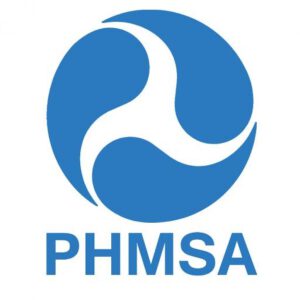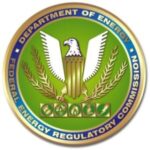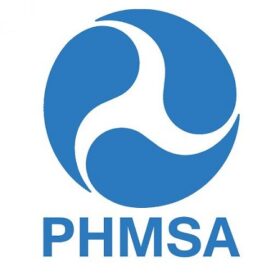
Executive Summary
INGAA supports PHMSA’s desire to improve its National Pipeline Mapping System (NPMS) and acknowledges that the agency has made certain revisions to its initial information collection proposal (Initial ICR). INGAA recognizes that PHMSA reduced the list of 31 attributes to approximately 23 as a result of stakeholder comments and concerns over whether the agency had the jurisdiction and authority to collect certain information. However, INGAA continues to have significant concerns with the scope and content of PHMSA’s revised Information Collection Request (Revised ICR).
As illustrated in its previous comments, INGAA is concerned with the breadth of both proposed information collection requests and questions whether it is necessary to collect all of the requested attributes within NPMS. Many of these pipeline attributes are already collected under PHMSA’s annual reporting requirements or gathered through the integrated inspection process. As proposed, the Revised ICR would not yield a useful, valuable database to serve PHMSA’s purposes since the agency has failed to take into account widely known issues with converting geospatial data. Finally, PHMSA has grossly underestimated the costs of producing the data in the format requested.
Because of these specific concerns, INGAA asserts that neither PHMSA’s Initial nor Revised ICR complies with the Paperwork Reduction Act (PRA) or the Office of Management and Budget (OMB)’s regulatory requirements for paperwork burdens. INGAA urges PHMSA to review its Revised ICR with these implications in mind. Because of the extensive costs involved, the NPMS proposal exceeds the threshold for a significant rulemaking. As such, PHMSA should consider issuing this proposal as a rulemaking, instead of a stand-alone information collection request. This would allow the NPMS proposal to be assessed using meaningful regulatory analyses including the cost-benefit analysis required under Executive Order 12866, as amended, and 49 U.S.C. § 60102(b)(2).
INGAA continues to support its counterproposal included in its 2014 comments as a way for PHMSA to modernize NPMS at a pace and cost burden that is sustainable for the regulated community.







